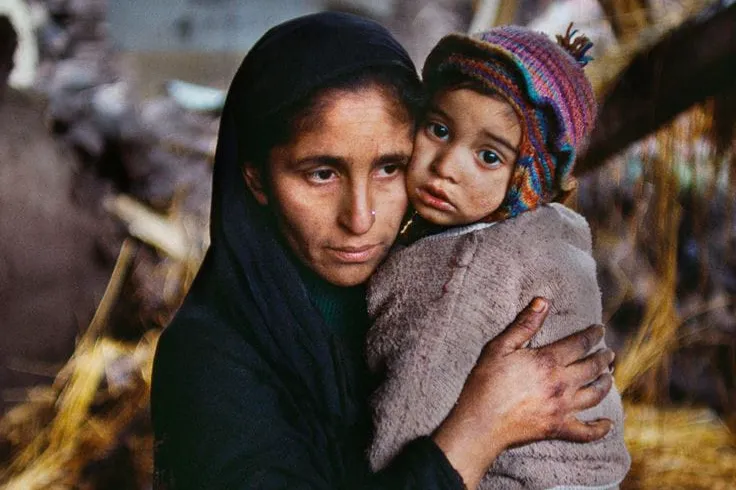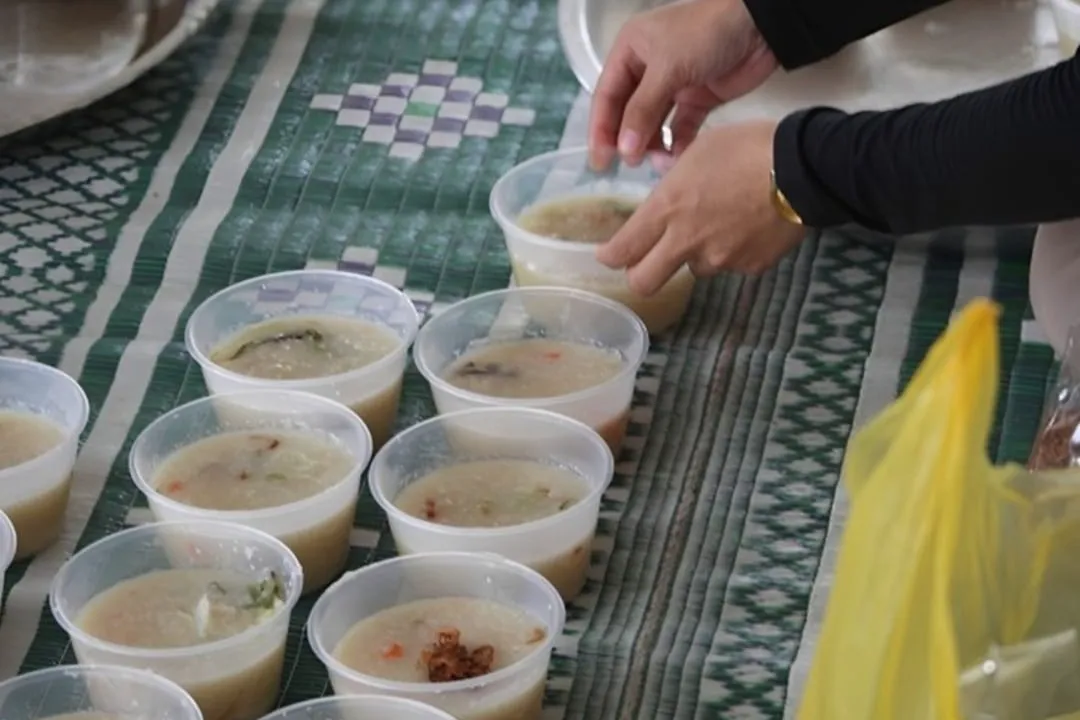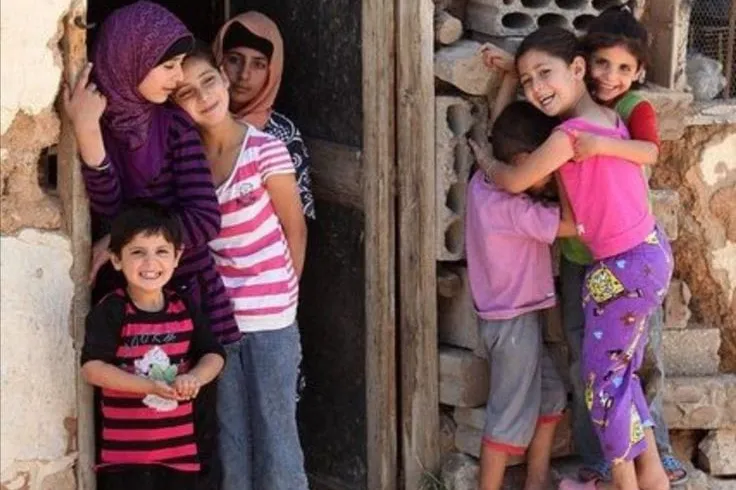عندما يضطرّ الأشخاص للجوء إلى بلدان أخرى بحثًا عن الأمان والحماية، ينتقلون عبر حدود وثقافات، مع معاناة كبيرة تترك أثرًا عميقًا على صحتهم النفسية والجسدية. تعاني النساء اللاجئات بشكل خاص من تحديات متعددة تؤثر على صحتهن النفسية بشكل كبير.
تواجه النساء اللاجئات تحديات معيشية هائلة، فقد يكون لديهن صعوبة في الحصول على السكن، العمل، والتعليم. قد يتعرضن لظروف معيشية غير آمنة وغير مستقرة، مما يؤثر على استقرارهن النفسي وصحتهن العامة.
التحديات الاجتماعية التي تعاني منها النساء اللاجئات:
فقدان الانتماء والهوية
يمكن أن يعاني النساء اللاجئات من فقدان الانتماء لأي مجتمع، مما يؤثر على هويتهن الشخصية والثقافية، خاصة في المجتمعات التي لا تقبل اللاجئين بسهولة.
التمييز والعنصرية
يتعرض النساء اللاجئات للتمييز والعنصرية في بعض الأحيان، سواء على مستوى الفرد أو المؤسسات، مما يزيد من شعورهن بالعزلة والانفصال.
التحديات اللغوية والثقافية
قد تواجه النساء اللاجئات صعوبات في التواصل بسبب الفارق اللغوي والثقافي، مما يجعلهن يواجهن صعوبة في الاندماج في المجتمع الجديد والتفاعل مع الخدمات المحلية.
ضعف الدعم الاجتماعي
قد يفتقر النساء اللاجئات إلى دعم اجتماعي قوي، خاصة إذا كانت قد فقدن أفرادًا من أسرهن أو فقدن شبكتهن الاجتماعية خلال رحلة اللجوء.
التحديات الاقتصادية
قد يواجهن صعوبة في الحصول على فرص عمل مناسبة وكسب الرزق، مما يزيد من اعتمادهن على المساعدات الاجتماعية ويؤثر على استقلاليتهن المالية.
كما وتعاني النساء اللاجئات من تحديات صحية متعددة ومتنوعة نتيجة للظروف القاسية التي مروا بها والتجارب الصعبة التي عاشوها. من بين هذه التحديات:
نقص الرعاية الصحية
قد يواجهن صعوبة في الحصول على الرعاية الصحية اللازمة بسبب القيود المالية، أو نقص الخدمات الطبية المتاحة في بعض المجتمعات اللاجئة.
التعرض للأمراض المعدية والمزمنة
تعاني النساء اللاجئات من التعرض المتكرر للأمراض المعدية نتيجة للظروف الصحية غير النظيفة في المخيمات أو السكن البديل، بالإضافة إلى التعرض للأمراض المزمنة مثل أمراض القلب والسكري.
الصحة النفسية
يمكن أن تتأثر الصحة النفسية للنساء اللاجئات بشكل كبير نتيجة للتجارب الصعبة التي مروا بها، وضغوط الهجرة، وفقدان الأحباء، وعدم الاستقرار الاجتماعي والاقتصادي.
قد يعانين من القلق، الاكتئاب، والتوتر النفسي نتيجة للتحديات التي يواجهنها يوميًا.
كيف يمكن المساعدة في التحسين من الصحة النفسية للنساء اللاجئات:
1. توفير الدعم النفسي والاجتماعي: يجب تقديم الدعم النفسي والاجتماعي للنساء اللاجئات، سواء من خلال خدمات المشورة أو مجموعات الدعم.
2. تقديم الخدمات الصحية النفسية: ينبغي توفير الوصول إلى الخدمات الصحية النفسية المتخصصة التي تساعد على التعامل مع الاكتئاب والقلق.
3. تعزيز الوعي والتثقيف: يجب التوعية بقضايا الصحة النفسية بين اللاجئات وتعزيز الوعي حول الخدمات المتاحة لهن.
4. تعزيز الاستقلال المادي: يمكن أن يساعد تمكين النساء اللاجئات اقتصاديا في تحسين صحتهن النفسية، من خلال توفير فرص العمل والتعليم.
هناك عدة طرق يمكن من خلالها يمكن مساعدة النساء اللاجئات على تحقيق الاستقلال المالي:
توفير التدريب المهني: يمكن تقديم برامج تدريبية متخصصة للنساء اللاجئات لتعلم مهارات جديدة تساعدهن على الحصول على فرص عمل. يمكن أن تشمل هذه المهارات التدريب على اللغة، والمهارات المهنية مثل التصنيع اليدوي، والبرمجة، والتصميم، ومهارات إدارة الأعمال.
2. توفير فرص العمل المناسبة: يجب توفير فرص العمل التي تناسب قدرات ومهارات النساء اللاجئات، وتشجيع أصحاب العمل على توظيفهن من خلال برامج التشغيل المحلية أو الشراكات مع المنظمات الخاصة والحكومية.
3. دعم ريادة الأعمال: يمكن تقديم الدعم للنساء اللاجئات الراغبات في بدء مشاريعهن الخاصة عبر توفير التمويل الصغير، والتدريب على إدارة الأعمال، والتوجيه والمشورة في مجالات العمل والتسويق.
من خلال هذه الإجراءات، يمكن تمكين النساء اللاجئات اقتصاديًا وتحقيق الاستقلال المالي الذي يمكنهن من تحسين ظروف حياتهن وحياة أسرهن.











-white.svg)